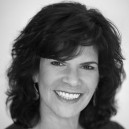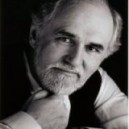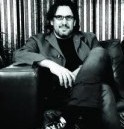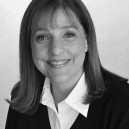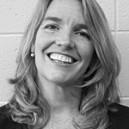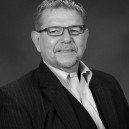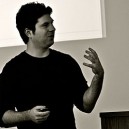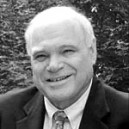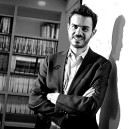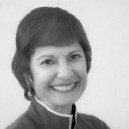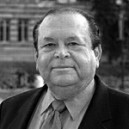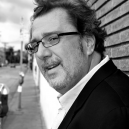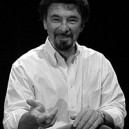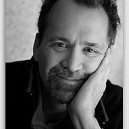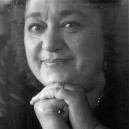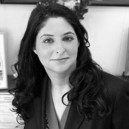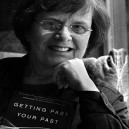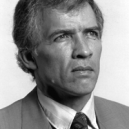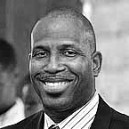Karen Caraballo, Psy.D, ABSNP
Clinical Psychologist
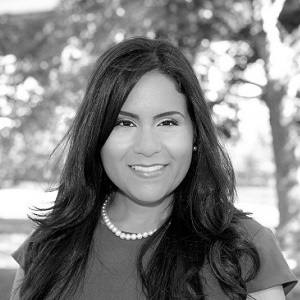
Karen Caraballo is a Bilingual (Spanish) Clinical Psychologist in Brooklyn, N.Y., who has done extensive work with children, teens and families. She attended Carlos Albizu University and is a licensed Bilingual Clinical Psychologist in New York; she is also a City Certified Bilingual School Psychologist (also in New York), as well as a Diplomate of the American Board of School Neuropsychology (ABSNP). Dr. Caraballo founded the NYC Comprehensive Psychological Services, P.C.; a private practice specializing in the assessment and diagnosis of numerous psychological issues such as depression, anxiety, attention deficit hyperactivity disorder (ADHD), learning disorders, family conflict, and acculturation. Known for her work as a compassionate child psychologist, Caraballo utilizes a collaborative methodology to provide children, adolescents, families and schools the support, psychological assessment and treatment that are needed. Her organizational affiliations include: being a member of the American Psychological Association (APA); The New York State Psychological Association (NYSPA), The International Family Therapy Association (IFTA), and The Children and Adults with Attention-Deficit Hyperactivity Disorder Association (CHADD).
Please tell us about your specialty.
I am a Bilingual-Spanish and bicultural Clinical Child & Family Psychologist in NYC. I offer culturally competent services to Latinos which are the largest and fastest growing ethnic group in the United States. My work as a clinical psychologist specializing in Latino families includes mental health services that consider: language, values, cultural factors, migration and acculturation issues, first and second generation issues, losses and grief due to their migration experience. In the services that I provide, I also assist families with navigating the stress and challenges of their migration experience, as well as offer my guidance so that they can learn, accept, and adjust to the new system. I also aid in identifying useful resources and supports for the families.
What led you to this area of specialization?
I was born and raised in Puerto Rico. I migrated to NYC in 2002 to complete my doctoral internship in Clinical Psychology, specializing with Latino families. Being an immigrant myself, I experienced some of the struggles that many Latinos and other immigrants endure when they relocate to a new country or city. In my case, my process was related to struggles with language, feeling inadequate because without a voice I was not able to communicate my ideas clearly in English. Another significant issue was to learn to navigate the social and cultural aspects of the new city, as well as dealing with the social isolation and grief of not having my family and my friends with me. I had to force myself to learn the new system and that included feeling comfortable with a new language and building a new support system for myself.
It must be helpful to have experienced many situations that your clients face.
My experiences as an immigrant naturally helped me to understand some of the struggles Latino families face. This allows me to be emotionally and intellectually empathetic with them. The fact that I am bilingual and bicultural has been an attractive aspect of my professional skills for many employers. Since I relocated to NYC, I have been working with Latino families. Most of my inquiries for my private practice are Latino families. They tell me they want to work with someone that understands their values and culture. When they meet me they learn that I am an immigrant myself and that deepens our connection and therapeutic bond.
You sound very compassionate.
It is my personal interest to offer quality services to these families. Not only am I knowledgeable and experienced in working with Latino/Hispanic families, but I care deeply and understand their struggles as immigrants.
What one thing would you do to change your specialty area?
I do love working with Latinos families, but unfortunately bilingual and bicultural therapists are over-utilized. We tend to have higher caseloads; we are asked to translate for others doctors, teachers and clients. First generation Latinos usually need help navigating and understanding the system. Often times they do not have a voice due to a language barrier. It is part of my job to make phone calls to different agencies in order to put services and resources in place for them. I also assist them in translating documents and filling out forms so that they can receive other necessary services.
The additional time and energy required to provide treatment in two languages and the challenges bilingual clinicians face, is often not taken into consideration by hospitals, clinics, and agencies, which can lead to burnout. It is important that bilingual therapists receive support, and that agencies gain understanding of the complexity and what entails to offer culturally competent services to these families. Agencies can help by reducing the caseloads, increase salaries, and by offering culturally sensitive supervision that takes into consideration factors such as linguistics and the trauma related to migration and acculturation.
Learn more about becoming a clinical psychologist and the employment outlook of the industry.








